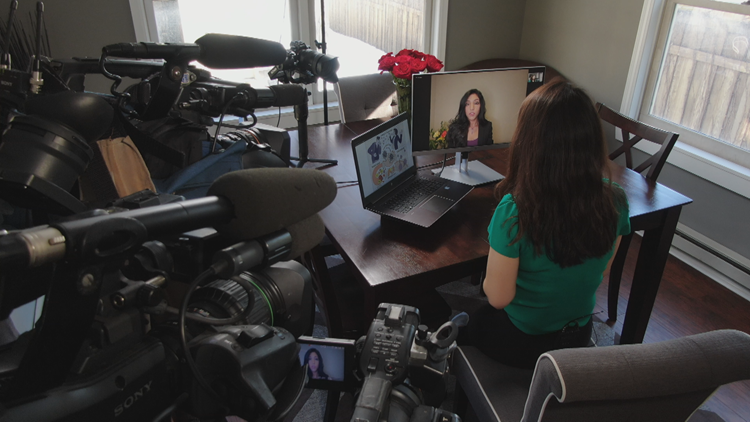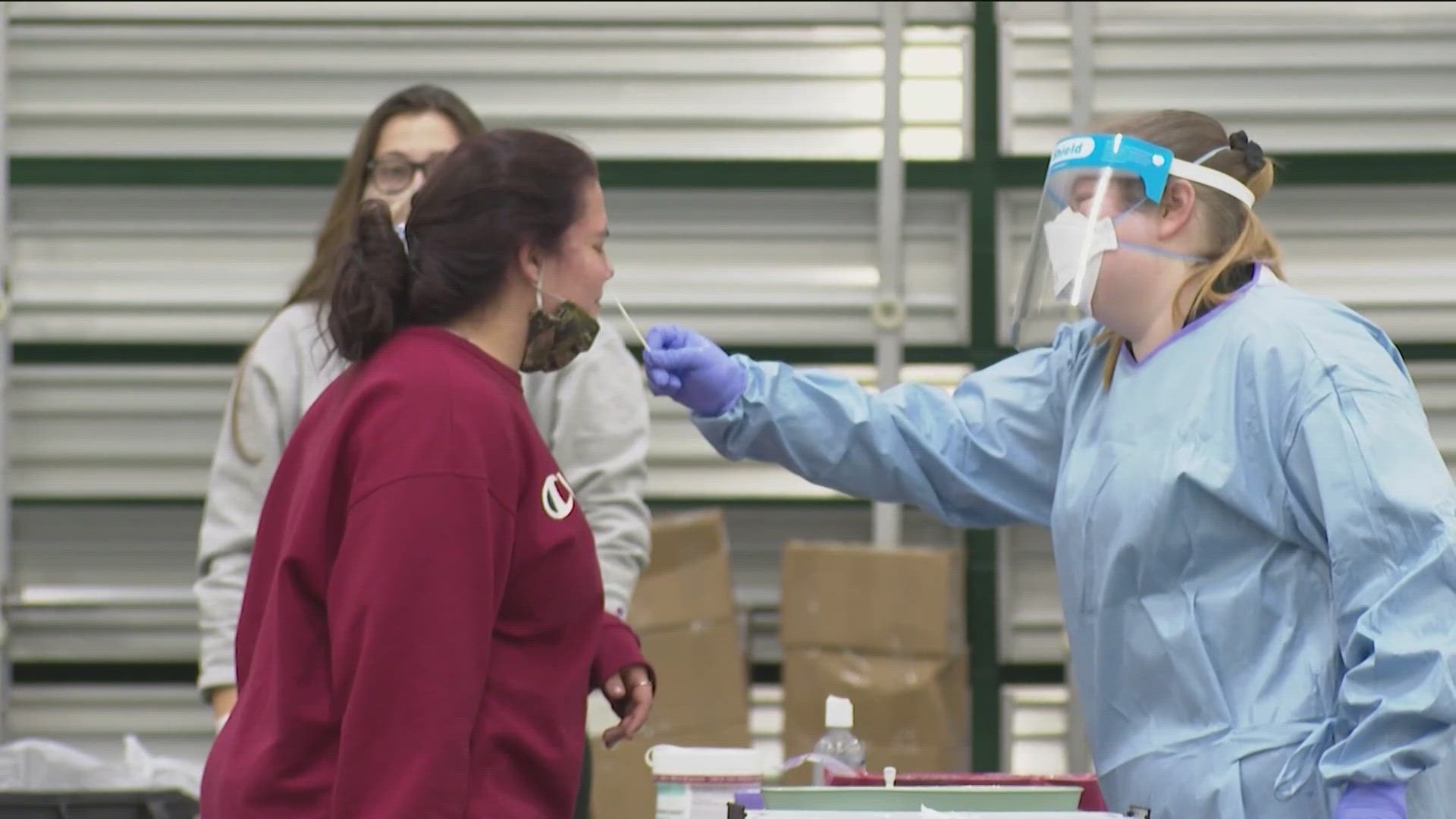MINNEAPOLIS — More than half a million people have died from the COVID-19 pandemic and even those who have recovered are realizing that they are having a difficult time returning to "normal" life due to long-term symptoms.
Now about a year into the pandemic, we're slowly getting answers about long-haul complications from COVID-19, regarding mobility, involving the muscles, nerves and joints.
Dr. Swati Deshmukh, a musculoskeletal radiologist and an assistant professor at Northwestern University said she noticed a trend at the beginning of the pandemic.
"My team and I started seeing a lot of patients with nerve injuries, especially COVID-19 patients who had been hospitalized," Dr. Deshmukh said.
They initially had thought the damage was from keeping COVID patients on their stomachs for a prolonged period of time to help them breathe easier, which is called 'proning' or putting the patient in a 'prone' position.
"But then we started seeing other complications," Deshmukh said. "We started seeing the virus causing a more inflammatory condition, we started seeing hematomas that were compressing the nerves, we realized that there was more going on to the story."
So she let the images she works with tell that story. She said she uses advanced imaging technology like high resolution ultrasounds, and 3D MRI's to examine the muscles, nerves and joints that may have been affected.
In the study, published on February 17th, Deshmukh and her team saw and captured images of muscles that have degenerated post-COVID diagnosis. They also saw COVID causing a dormant case of rheumatoid arthritis making a comeback.
They even saw COVID triggering psoriatic arthritis in a 30-year-old patient who came in with rashes and joint pain, two weeks after her COVID bout.
The images confirming for the first time the effect of COVID on the body, even if patients didn't show symptoms.
"It's always good to see patients who are surviving the illness, recovering from extreme sickness and going on with their lives, but it's emotionally draining to see so many people have such long term disabilities now and have to go through so much medical care now," Deshmukh said.
"So with COVID-19, we had some sense that there would be musculoskeletal complications we just didn't anticipate it to explode to this level where so many people have been infected and so many unusual complications," she continued. "And also the lack of testing early on made it harder to correlate the virus to the symptoms that people have been reporting."
Since the release of her and her team's study, Dr. Deshmukh says several people have written to her to let her know that her research gave them clarity about the murky waters of life after COVID.
"I think the most frustrating part being the patient is not knowing where to turn to, it seems like each doctor works independently focusing on only those specific symptoms," Deshmukh read from an email she had received. "Thank you for seeing the bigger picture, thank you for giving me hope that what I am experiencing I'm not alone."
"That was very touching to receive," Deshmukh said. "As a healthcare worker who has been struggling myself, it's really nice to hear that people are recovering, and they are hopeful as well."



